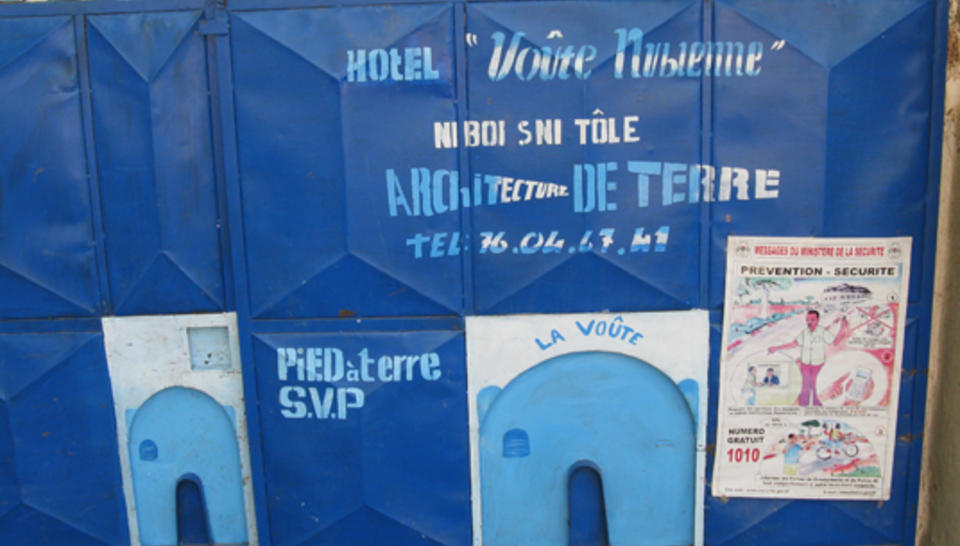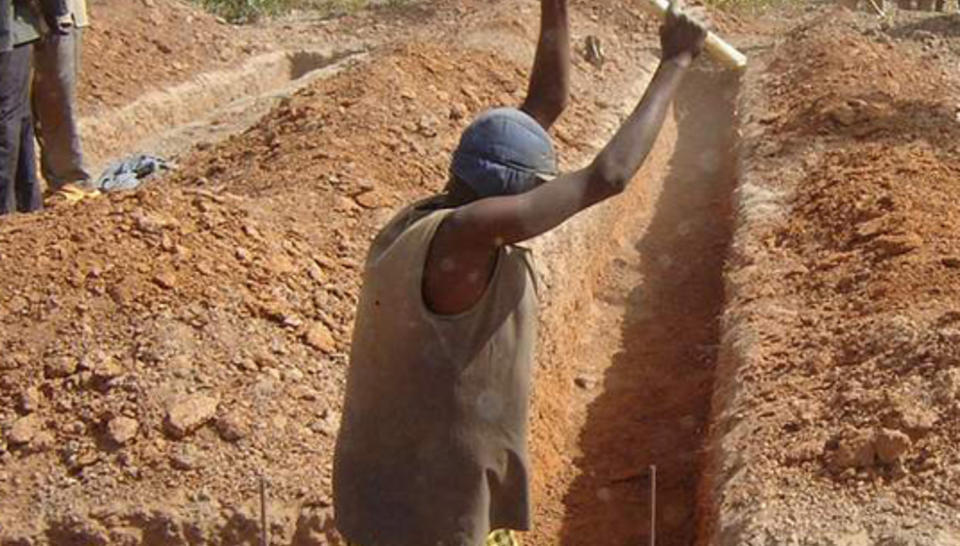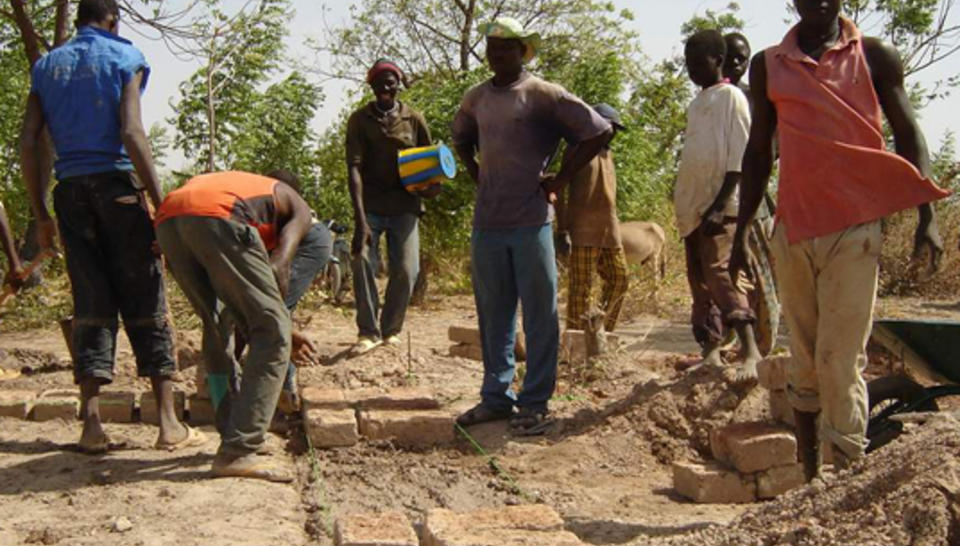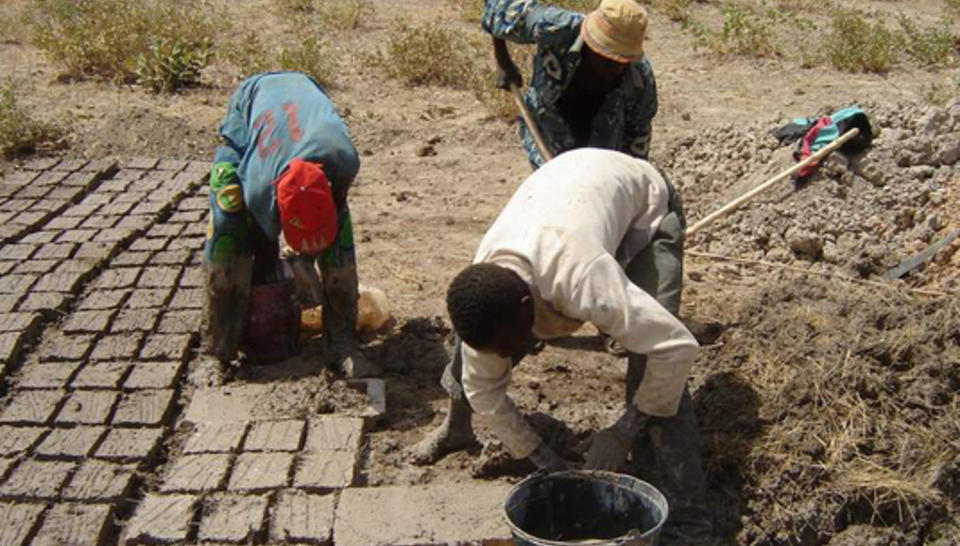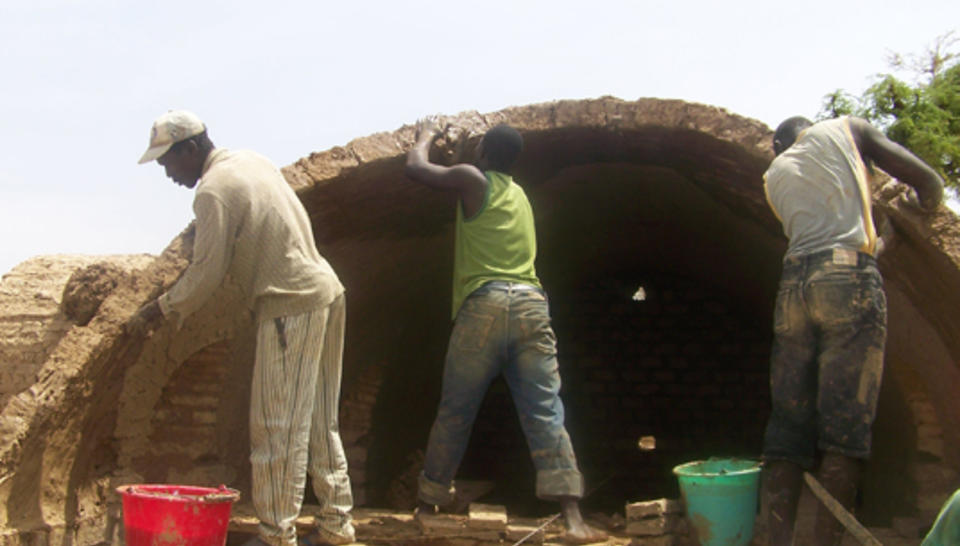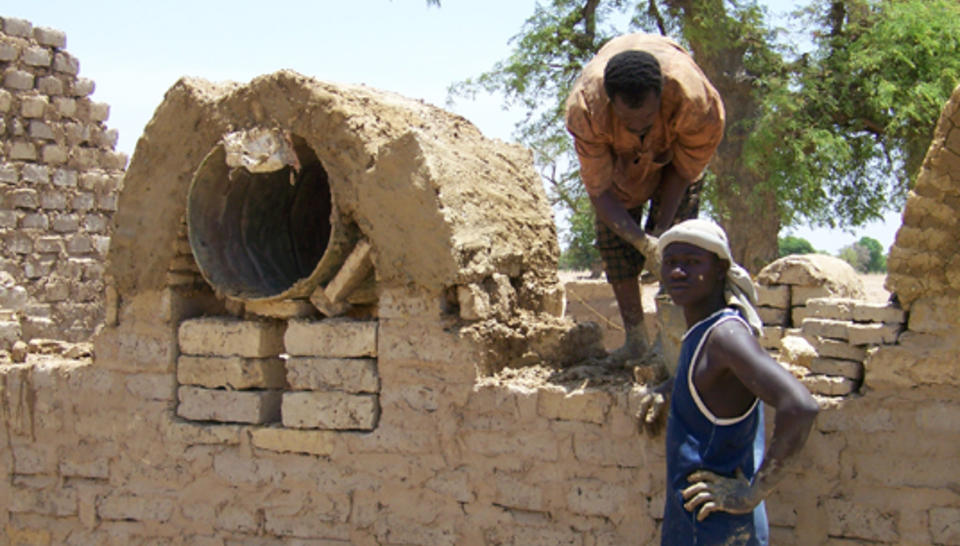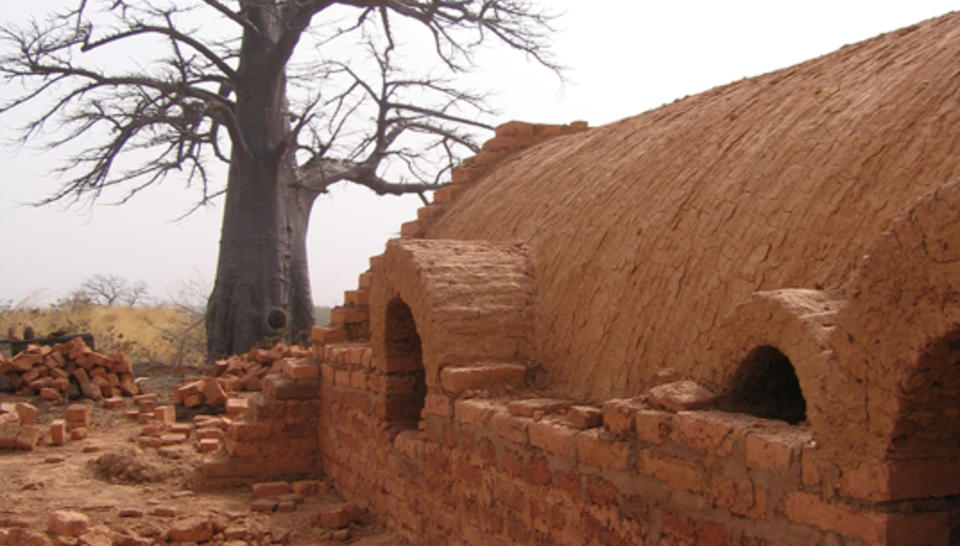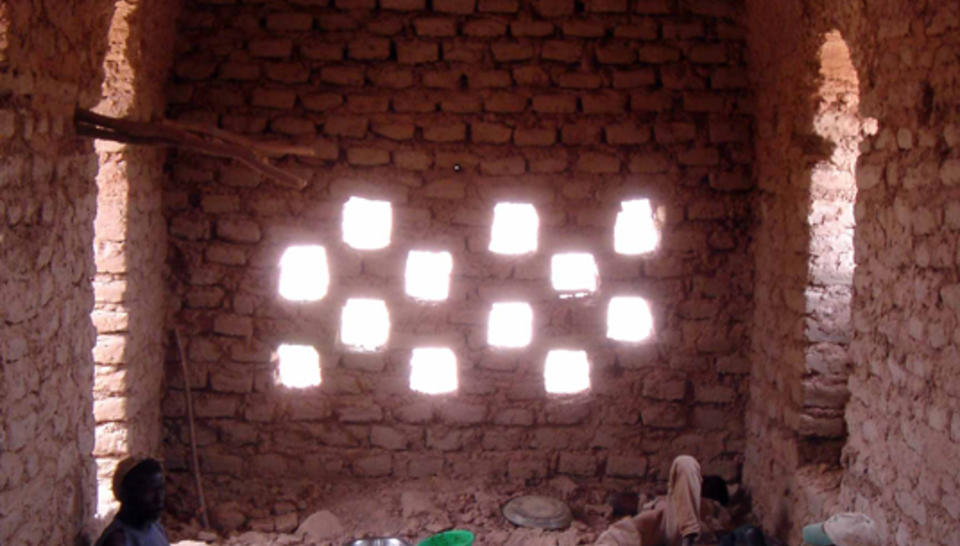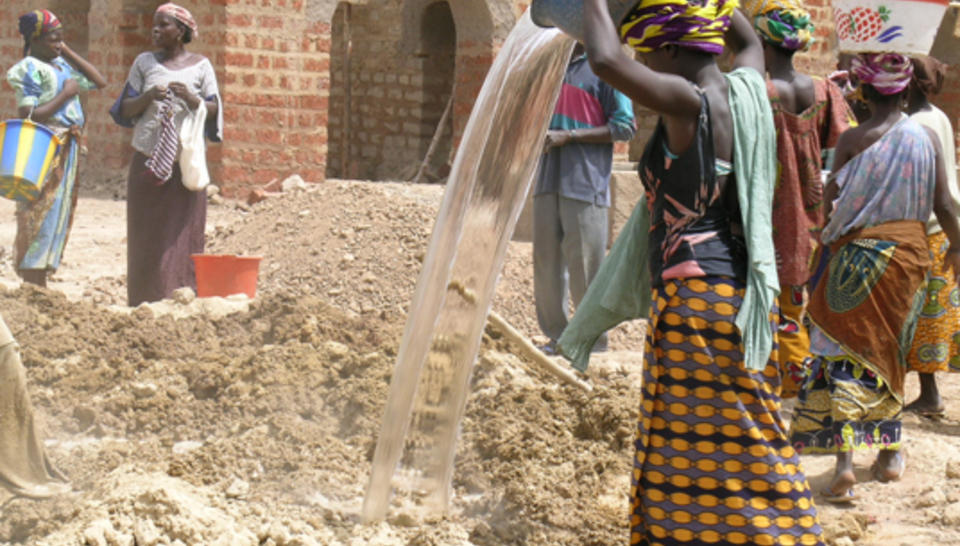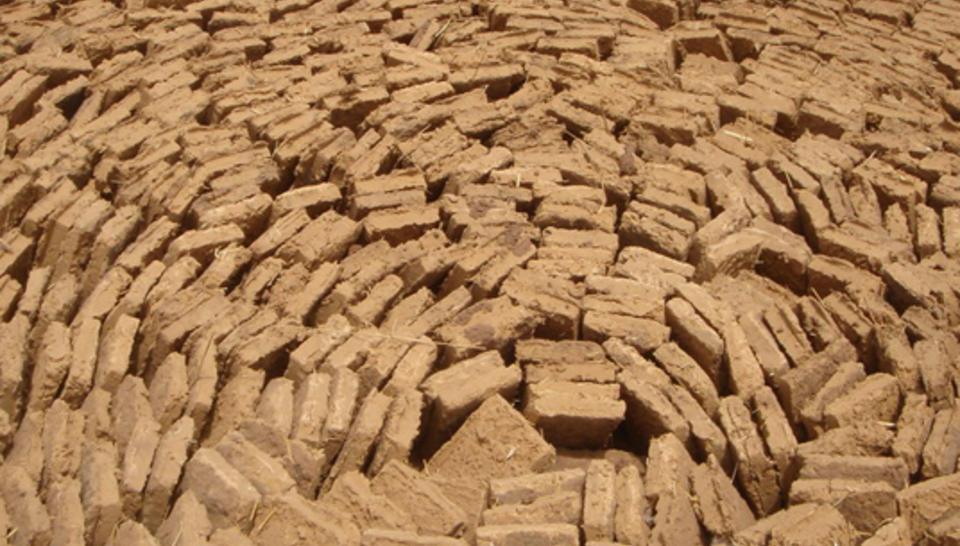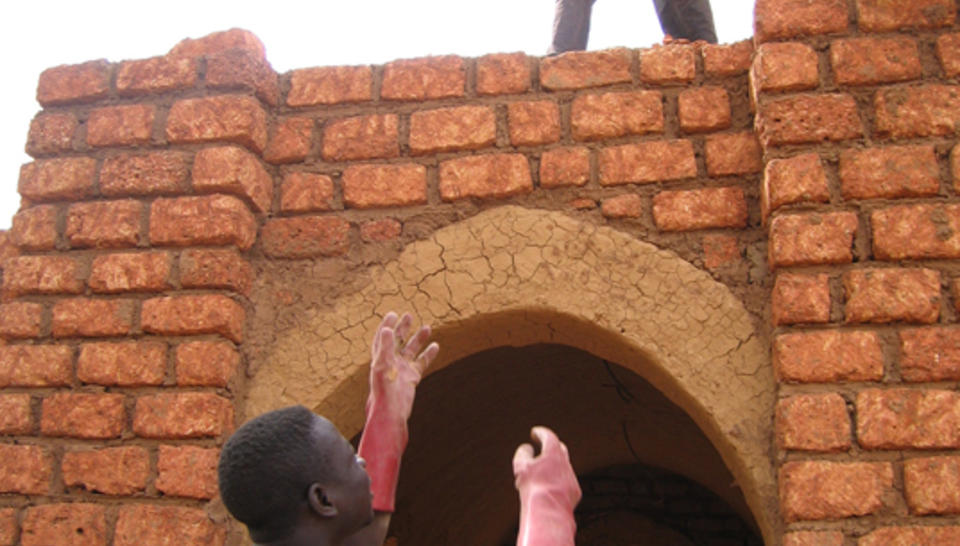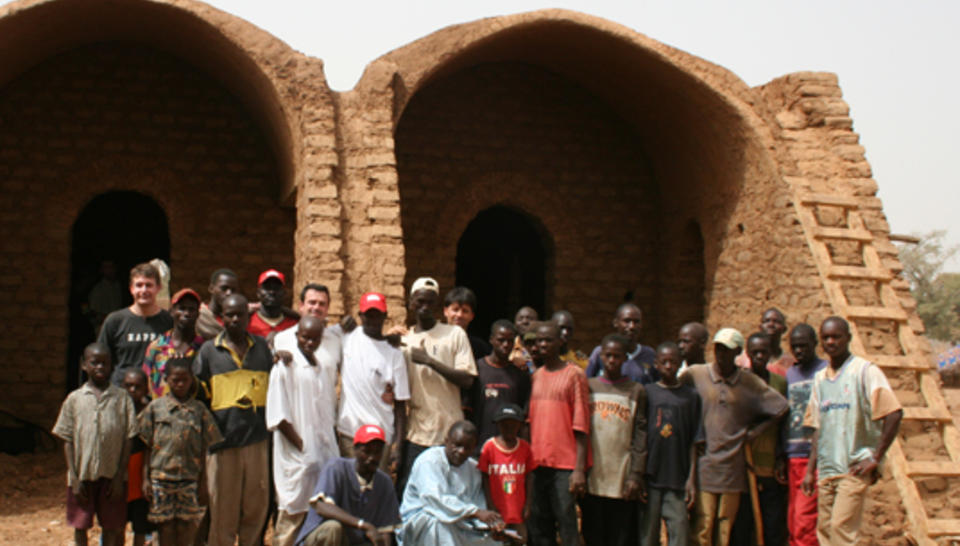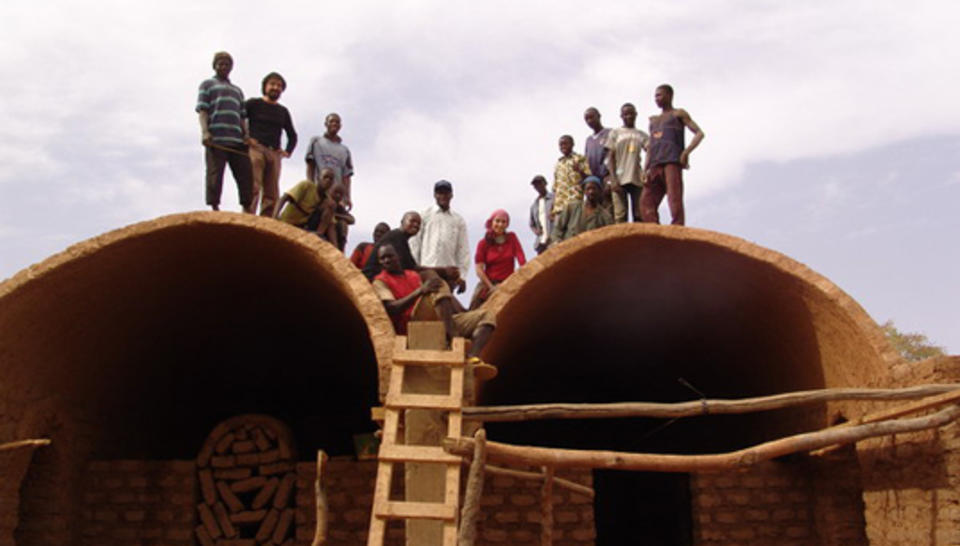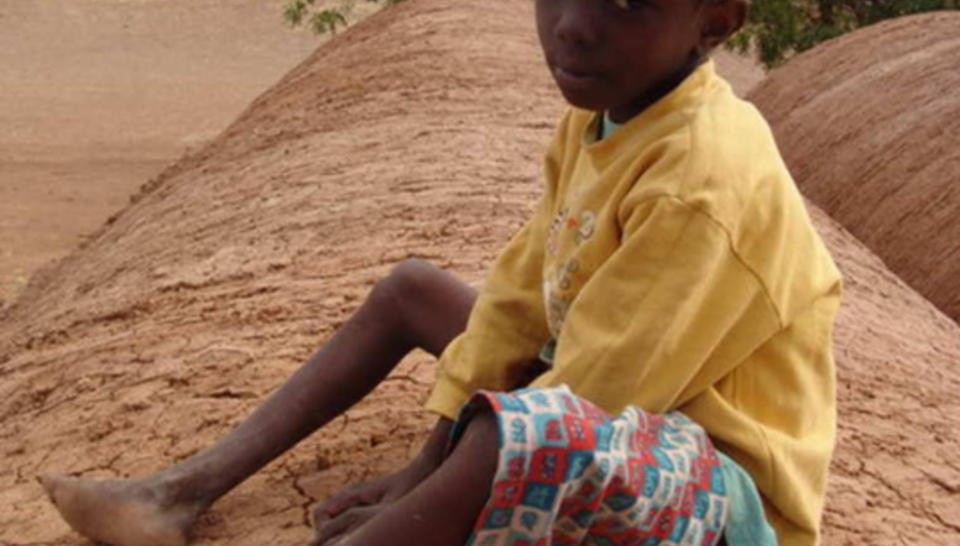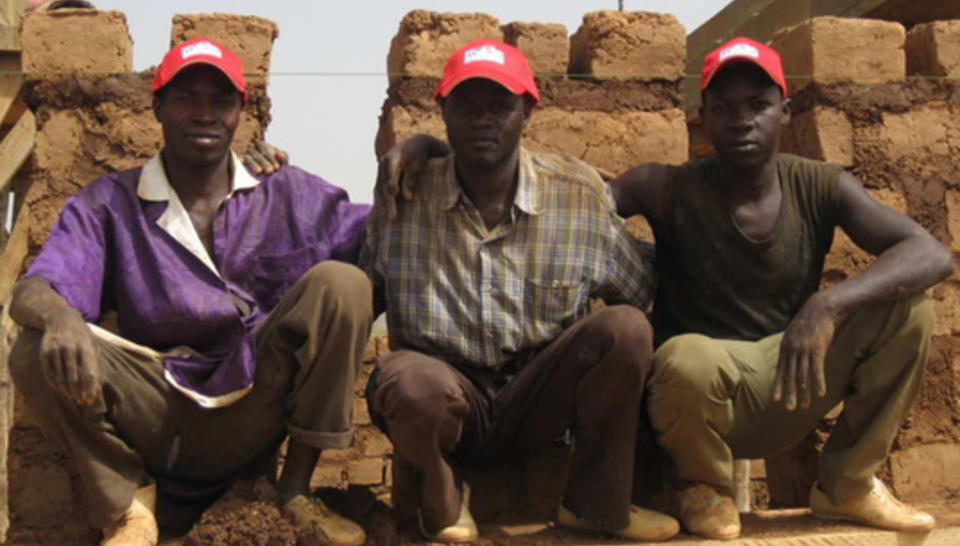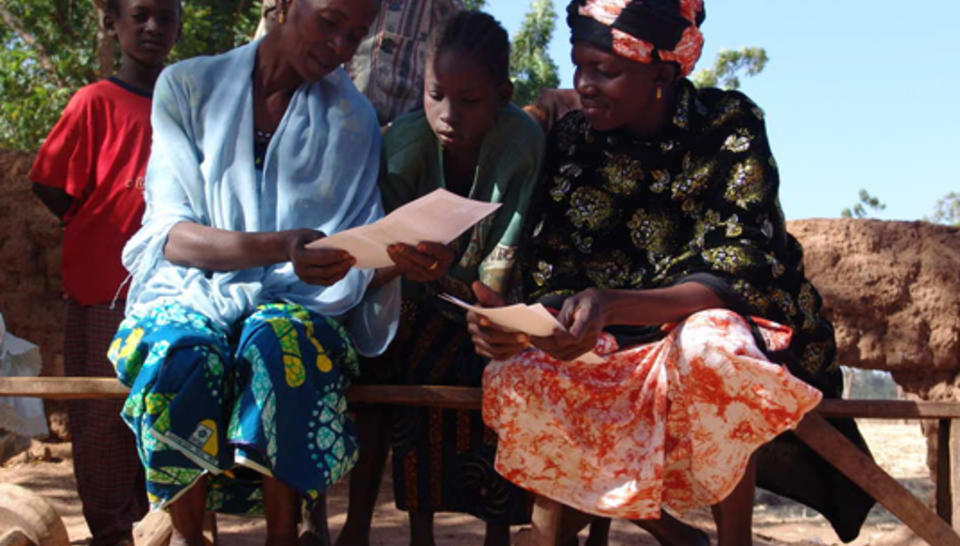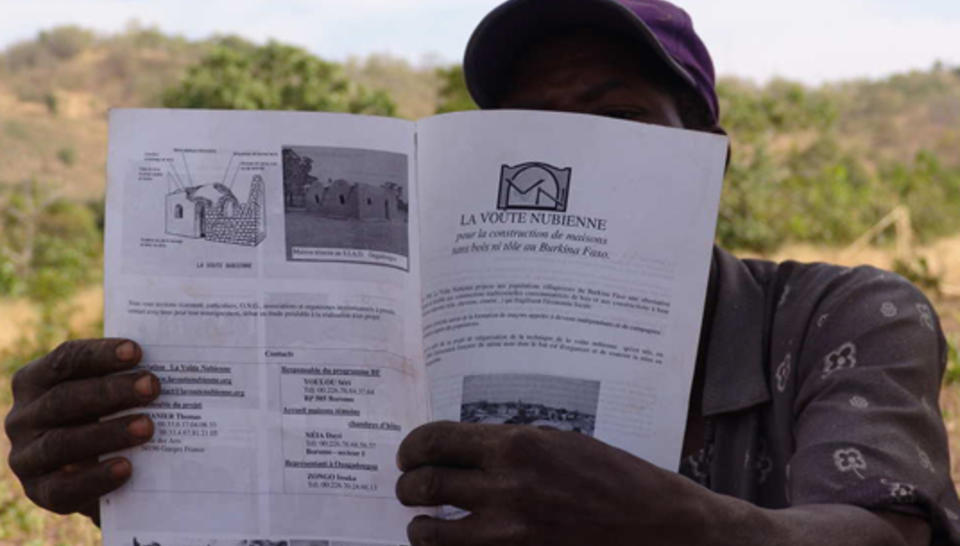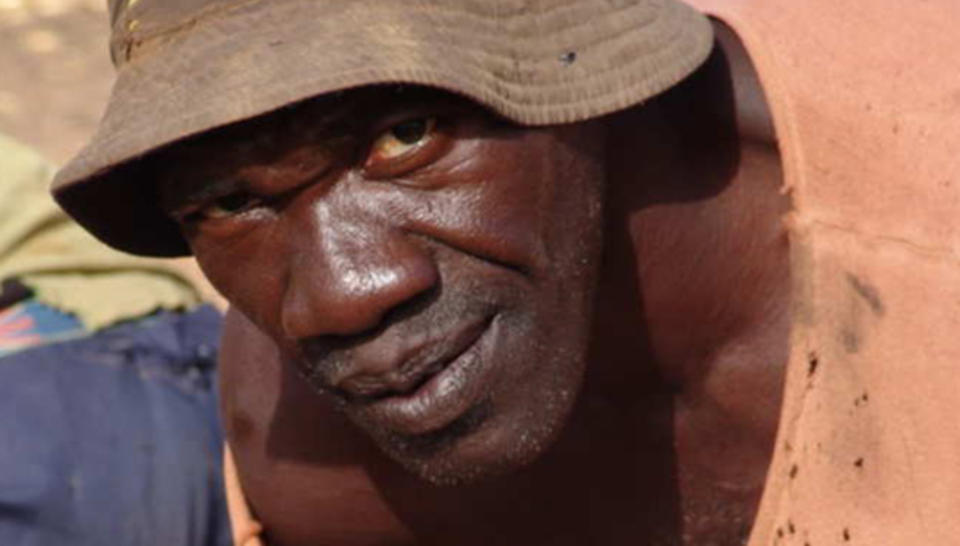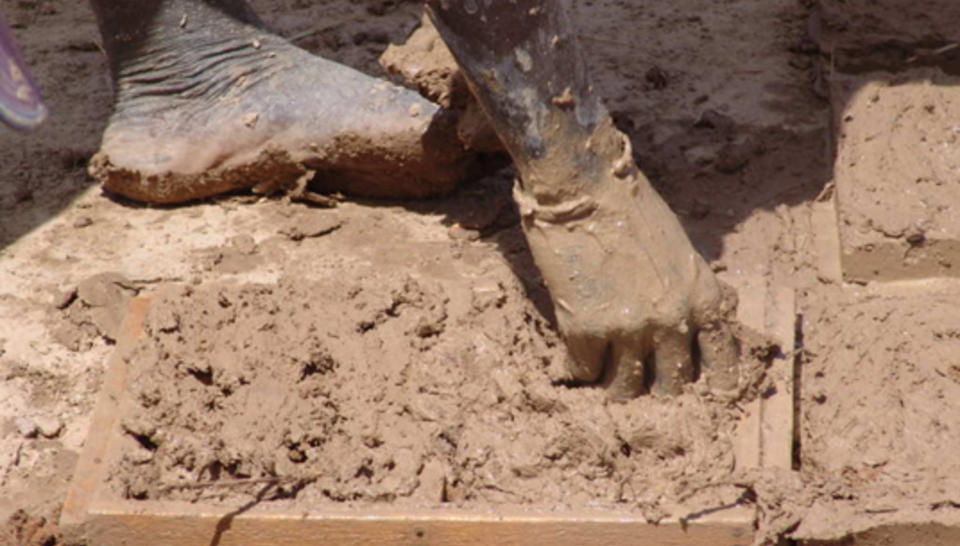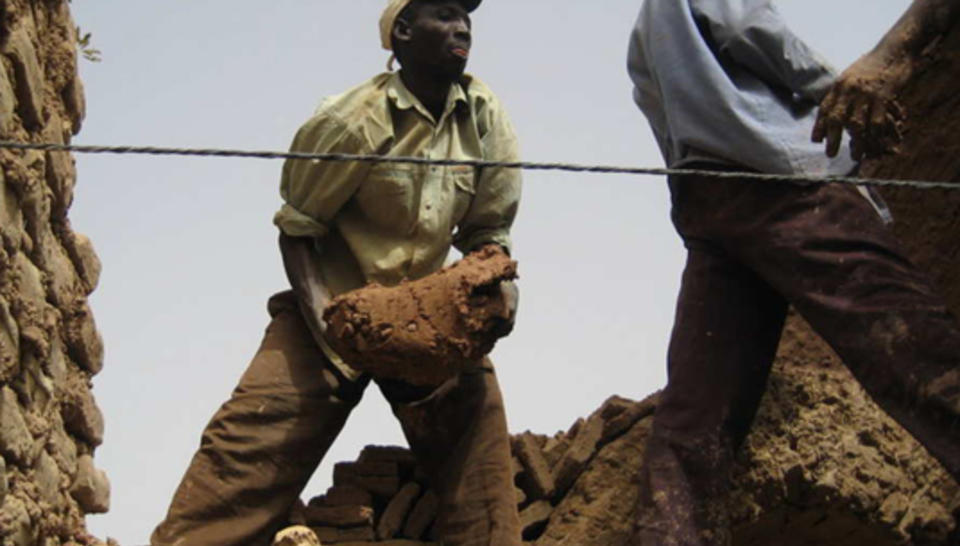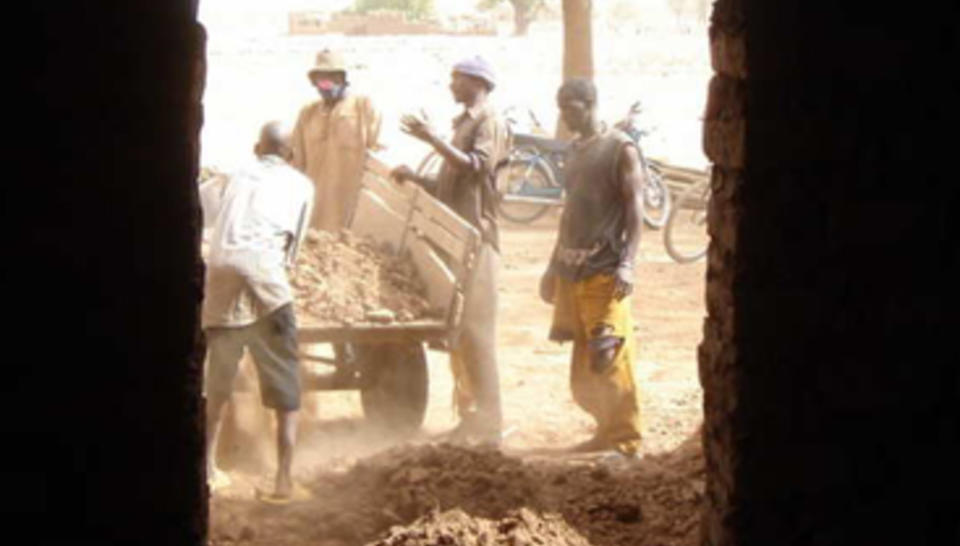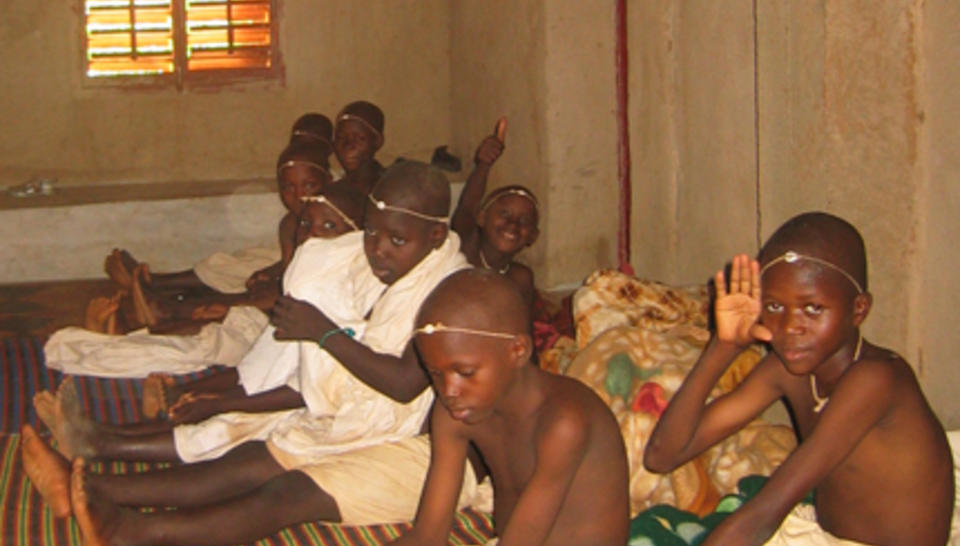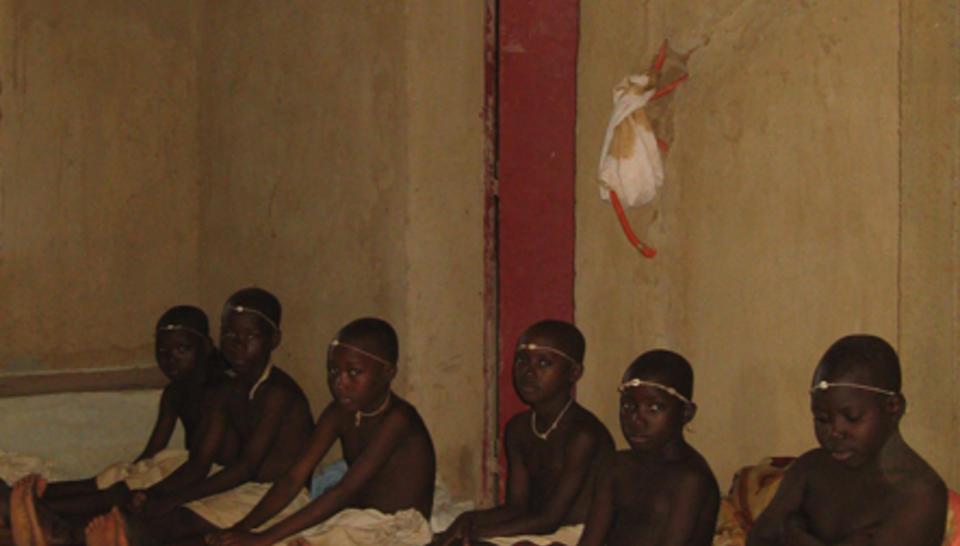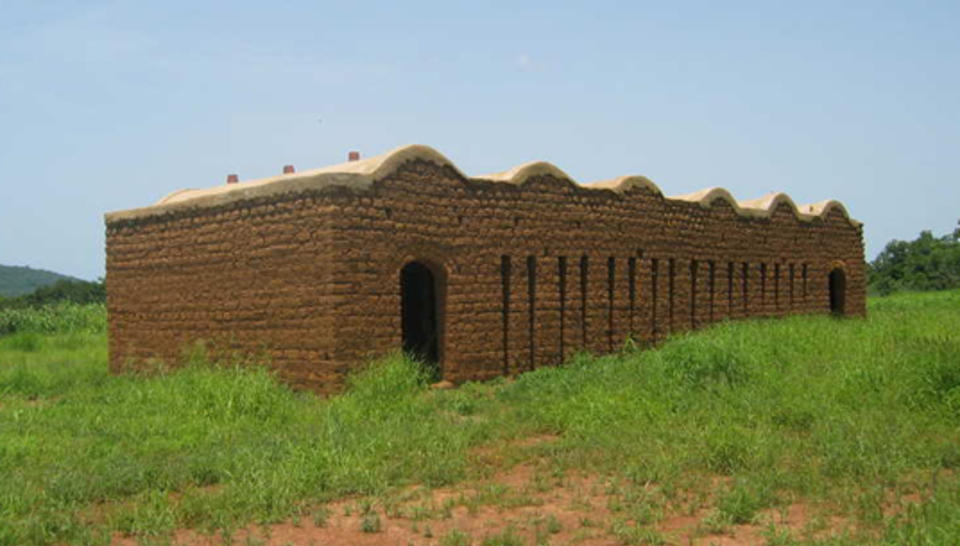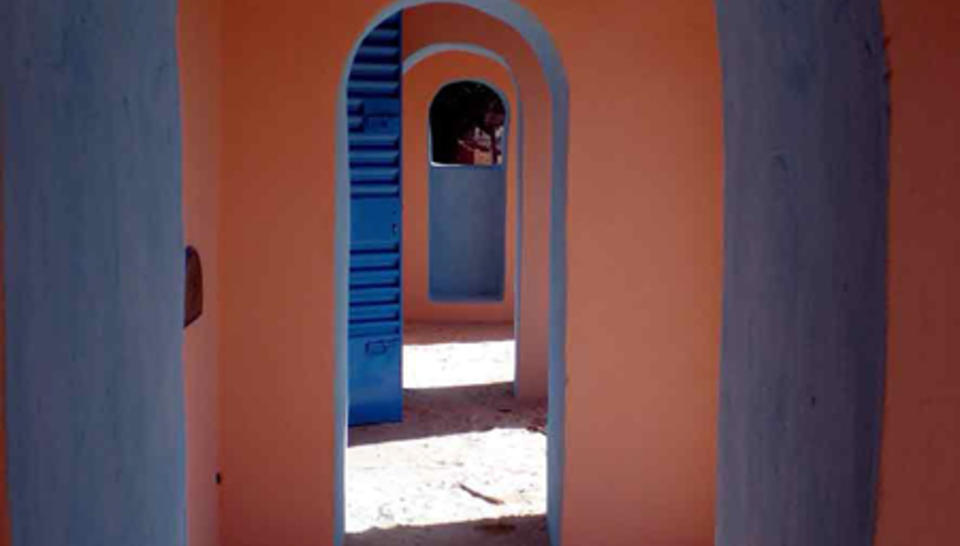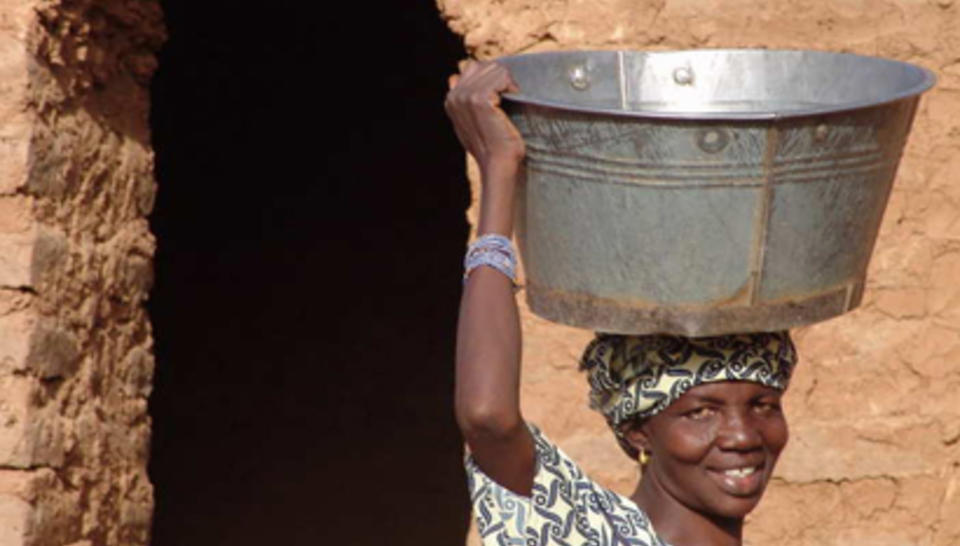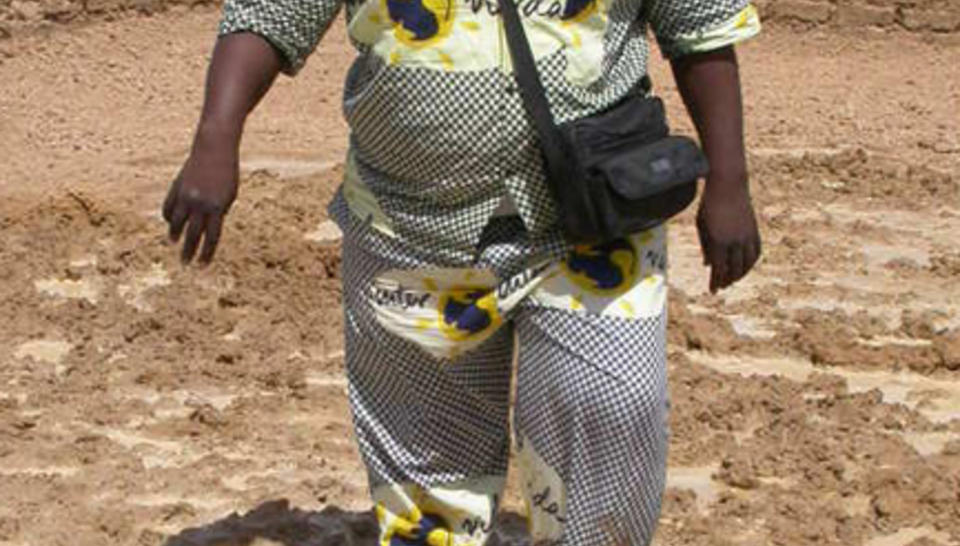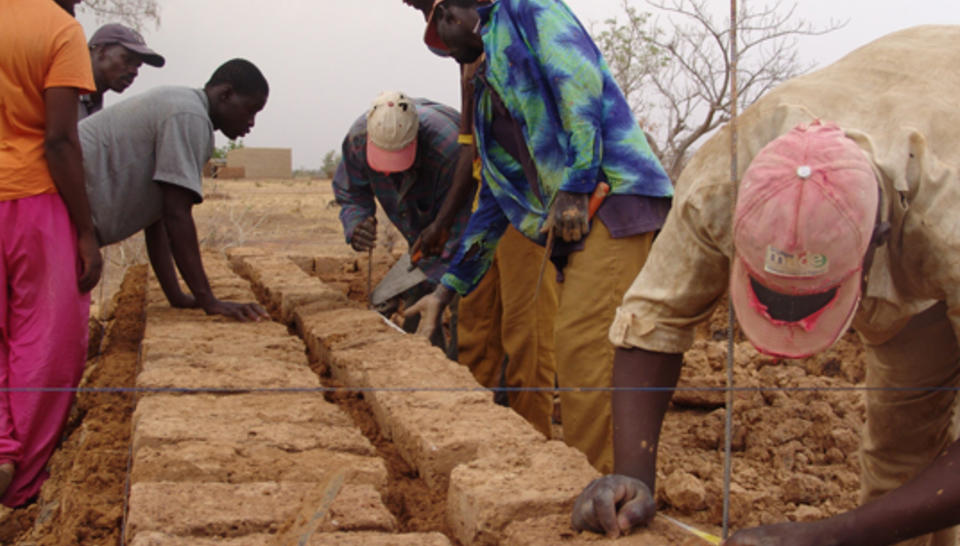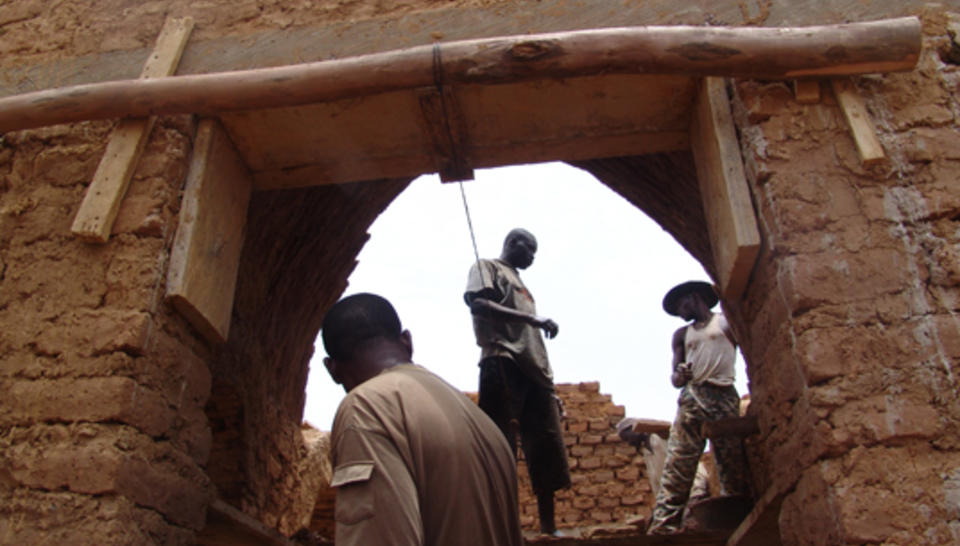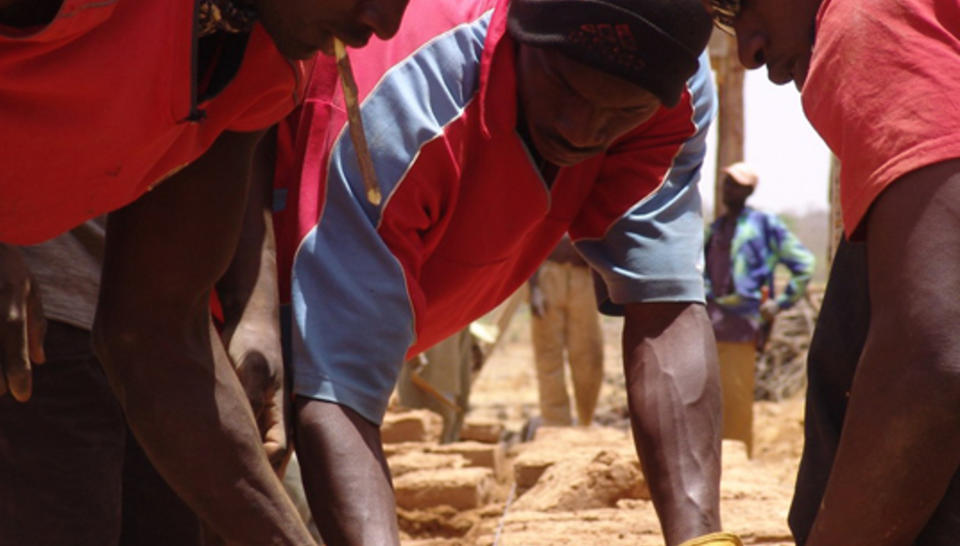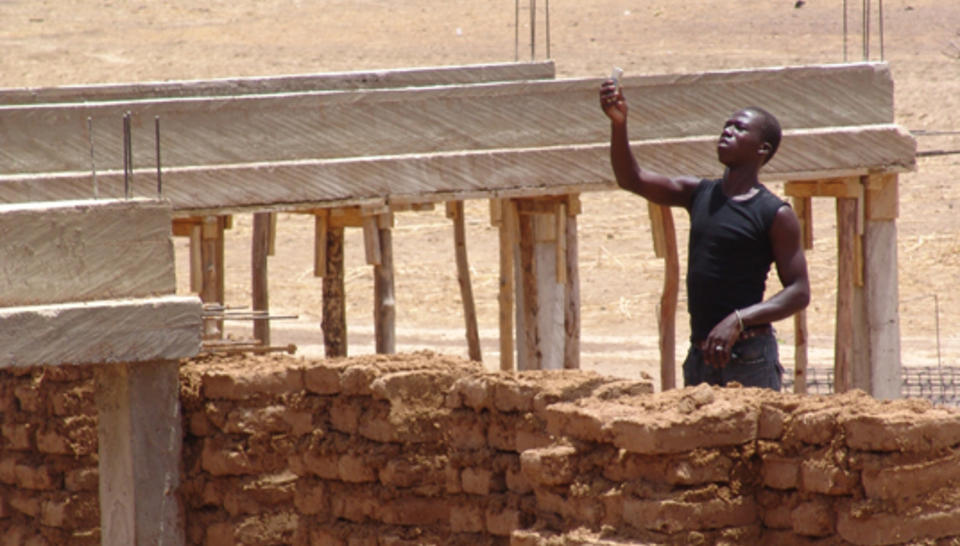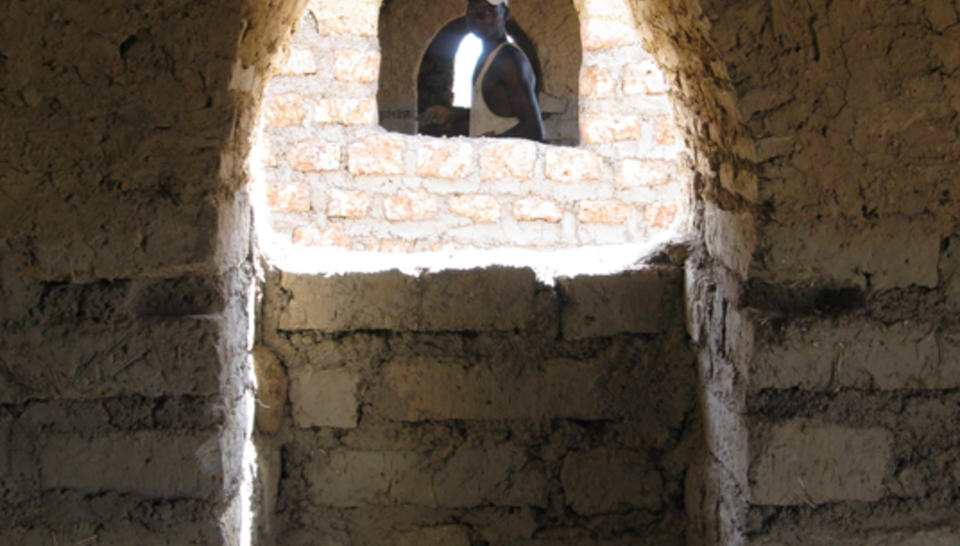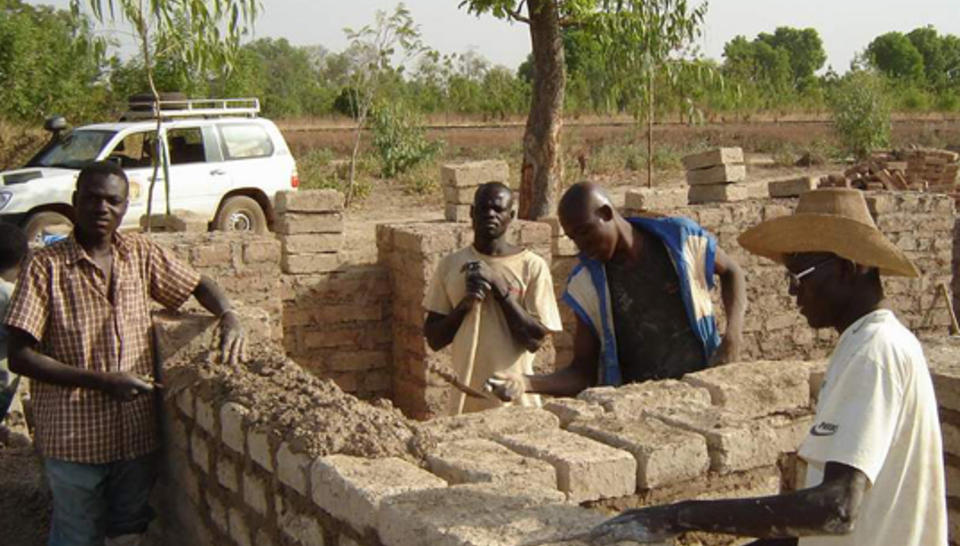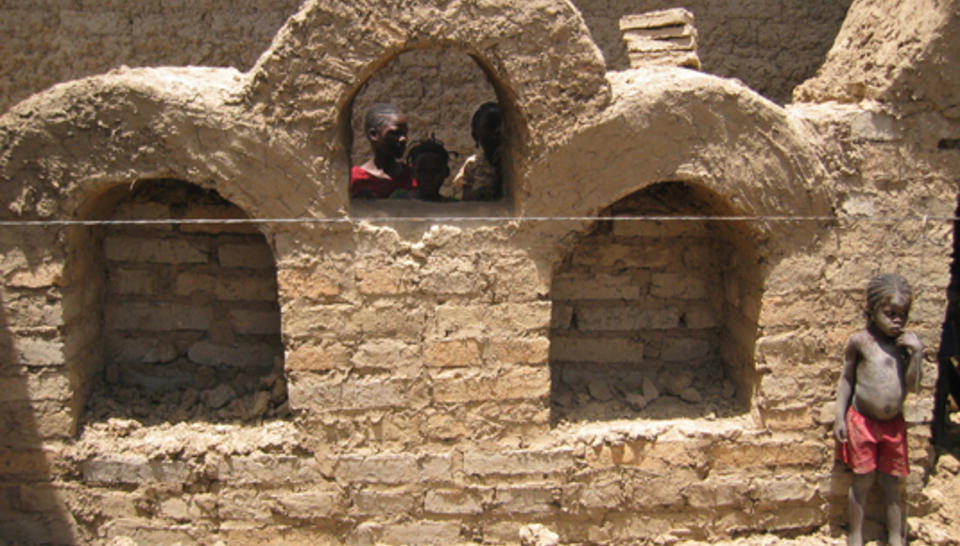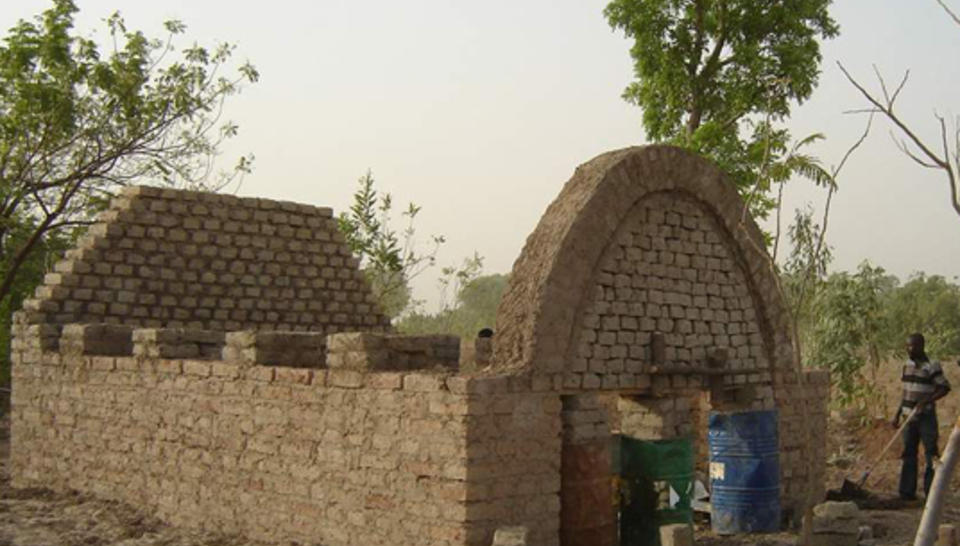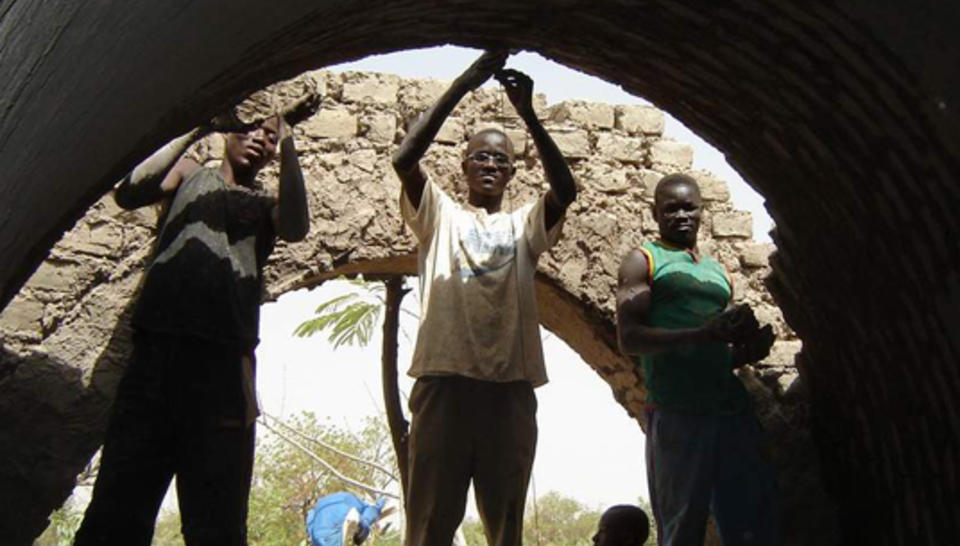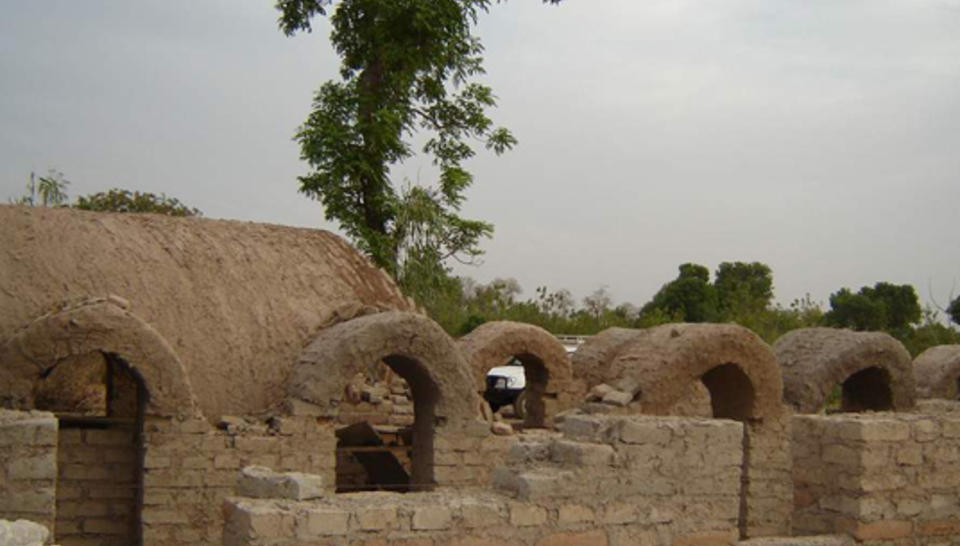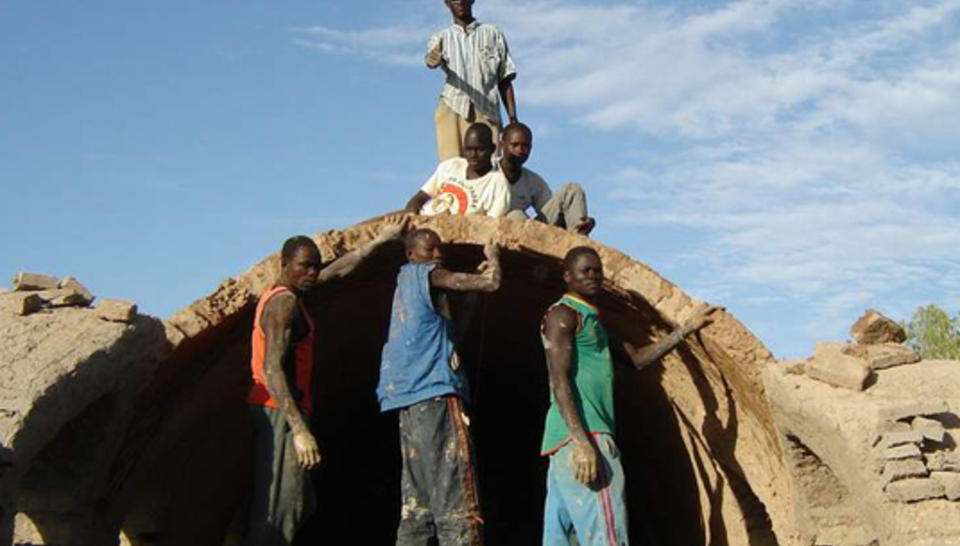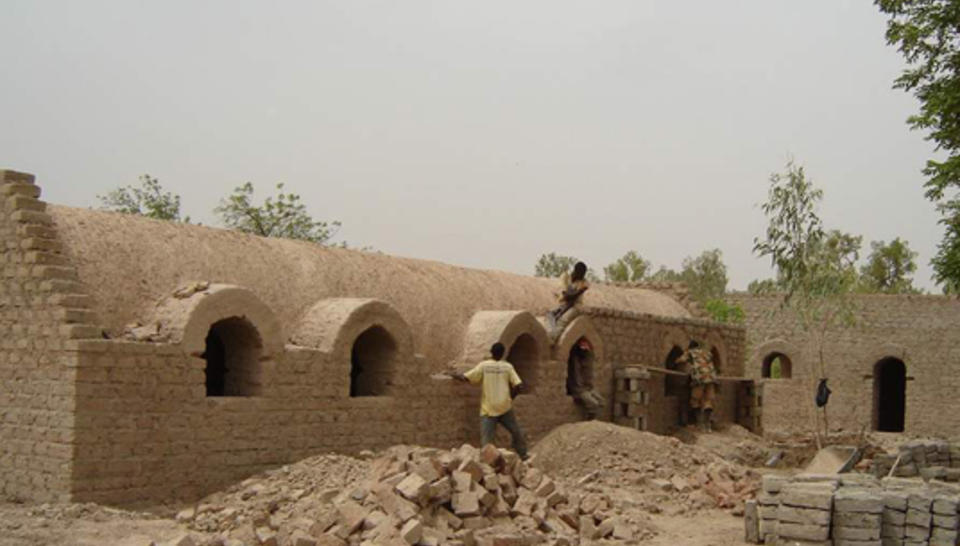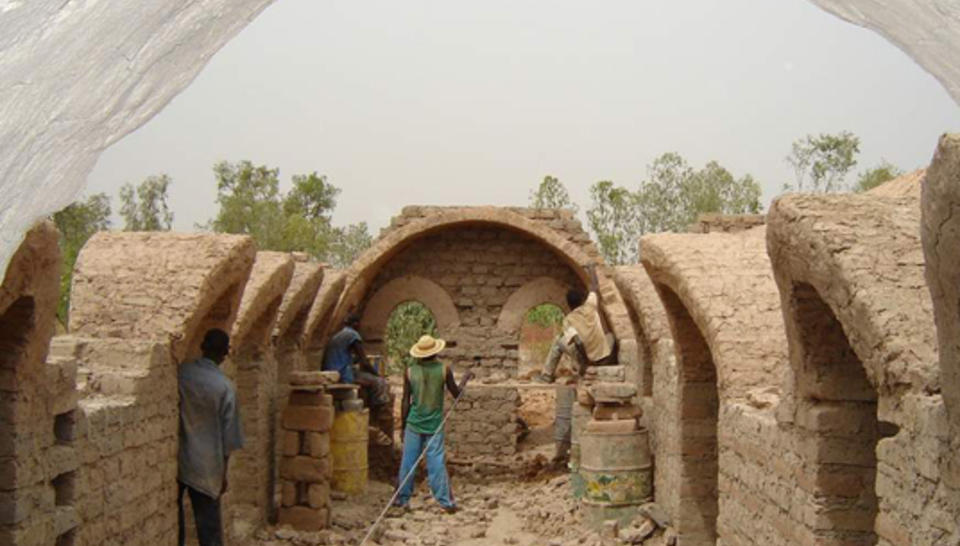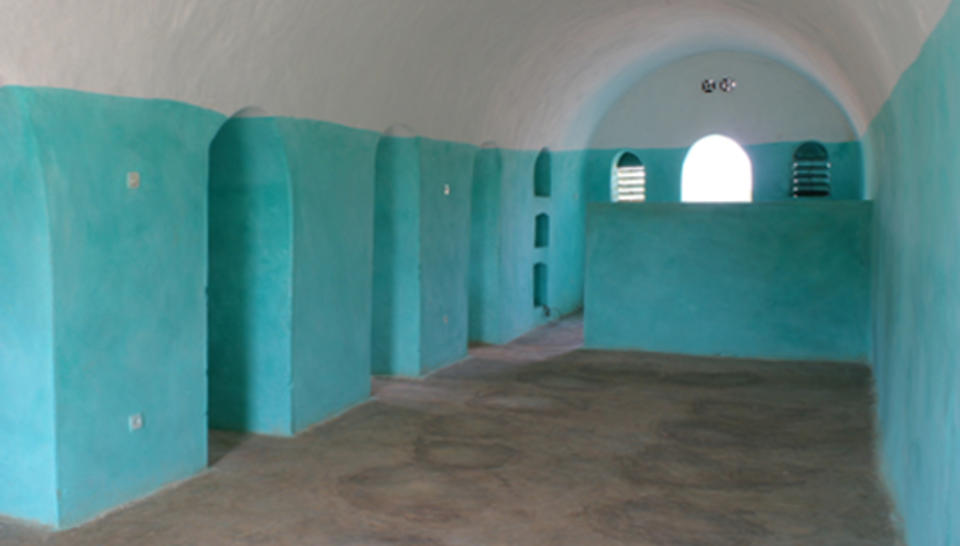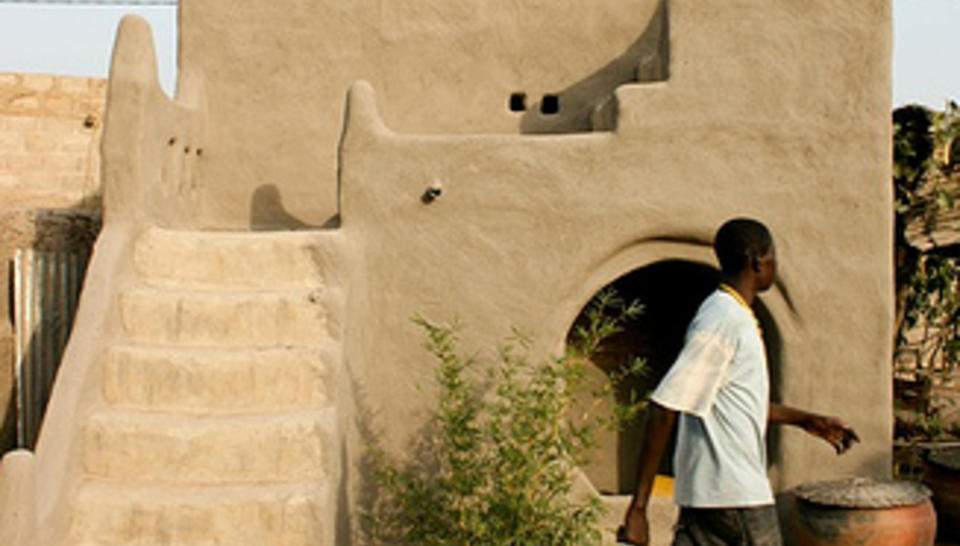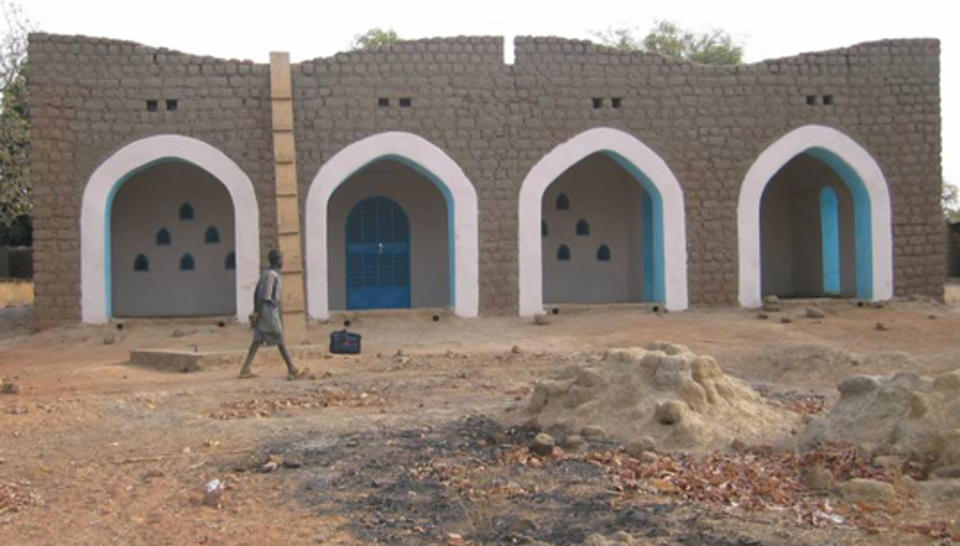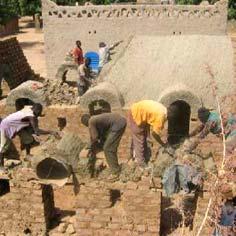
Social and Employment
Place
Burkina Faso, Burkina Faso
Sponsor
Cyril Roger-Lacan
Grant(s)
64 000 € to the Selection Committee at 2007/05/22
Project leader
La Voûte nubienne
« The Nubian Vault approach is chock full of sustainable development concepts. The idea is to disseminate an ecological building technique that is adapted to the country, to create jobs and a local market." . »
Cyril Roger-Lacan
Traditionally, West African villagers build their roofs with timber frames. In recent years, significant demographic growth and the retreat of the forest have led them to turn to the purchase of sheeting and squared rafters to build their roofs. A rather disastrous solution: these materials must be imported and are therefore very expensive for the future owners; besides, they offer poor thermal and acoustic insulation, not to speak of aesthetics.
To improve this situation, Thomas Granier, a masonry contractor and a native of Ganges, in the Hérault, formed the idea of importing an ancestral technique to the Sahel, known by the populations of the Upper Nile (southern Sudan and Ethiopia). The Nubian Vault technique only uses raw earth as a raw material, but demands specific apprenticeship and knowhow: the production of mortar and sun dried bricks.
Transmission of knowhow
Founded at Ganges in 2000, the eponymous association, La Voûte Nubienne, has already built some 200 vaults in 40 villages of Burkina Faso and Mali. Even better, it has transmitted this knowhow to 46 masons: among them, 43 small contractors are now managing their own construction sites and employ a total of 70 apprentices.
Backed by the French Ministry of Foreign Affairs, this solution offers so many advantages that the expert assigned by the Ministry himself recommends spreading it far and wide. It is in fact ideal for building houses which are comfortable (and cool) at costs well under those of current buildings, and it procures work for dozens of people.
To help Thomas Granier to continue his action, the Veolia foundation has decided to support this initiative with a grant of 32 000 euros per year over two years.


